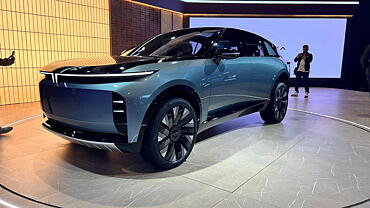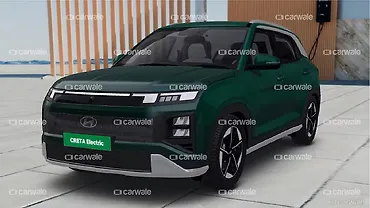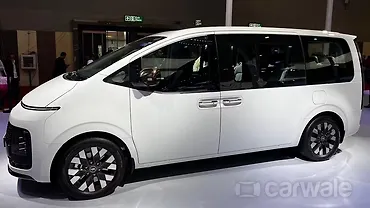
After the Volkswagen’s infamous diesel-gate, Fiat Chrysler Automobiles (FCA) has been accused of emission manipulation by the US Environmental Protection Agency (EPA). According to EPA, FCA allegedly installed and failed to disclose software that increases air pollution from vehicles. The allegation against the 104,000 vehicles includes Jeep Grand Cherokee and Dodge Ram 1500 models sold between 2014 and 2016 with 3.0-litre diesel engines.
The EPA demands the manufacturer to demonstrate that their products meet applicable federal emission standards to control air pollution. Manufacturers are required to disclose and explain any software, known as auxiliary emission control devices, which can alter how a vehicle emits air pollution. According to the accusation, FCA did not disclose the existence of certain auxiliary emission control devices to EPA, thus violating the provisions of the Clean Air Act.
FCA, however, has rejected the allegations, saying there was no misconduct and the company never attempted to create software to cheat emissions rules by detecting when the vehicle was in test mode. The company believes that its emission control systems meet the applicable requirements and that all its models conform to current emissions test rules. The company further emphasised that this allegation shouldn’t be compared to Volkswagen diesel gate.
According to reports, certain diesel models in the Fiat range were found to cut out their pollution control systems as soon as the official test finished. The vehicles turned off their pollution control systems after 22 minutes, while the official test cycle for diesel cars lasts for 20 minutes only.
If found guilty, FCA may be liable for civil penalties and injunctive relief for the violations alleged according to EPA. EPA is also investigating whether the auxiliary emission control devices constitute “defeat devices,” which are illegal. Meanwhile, FCA has stated that it intends to work with the administration to present its case and resolve this matter fairly and equitably and to assure the EPA and the customers that the company's diesel-powered vehicles meet all applicable regulatory requirements


































